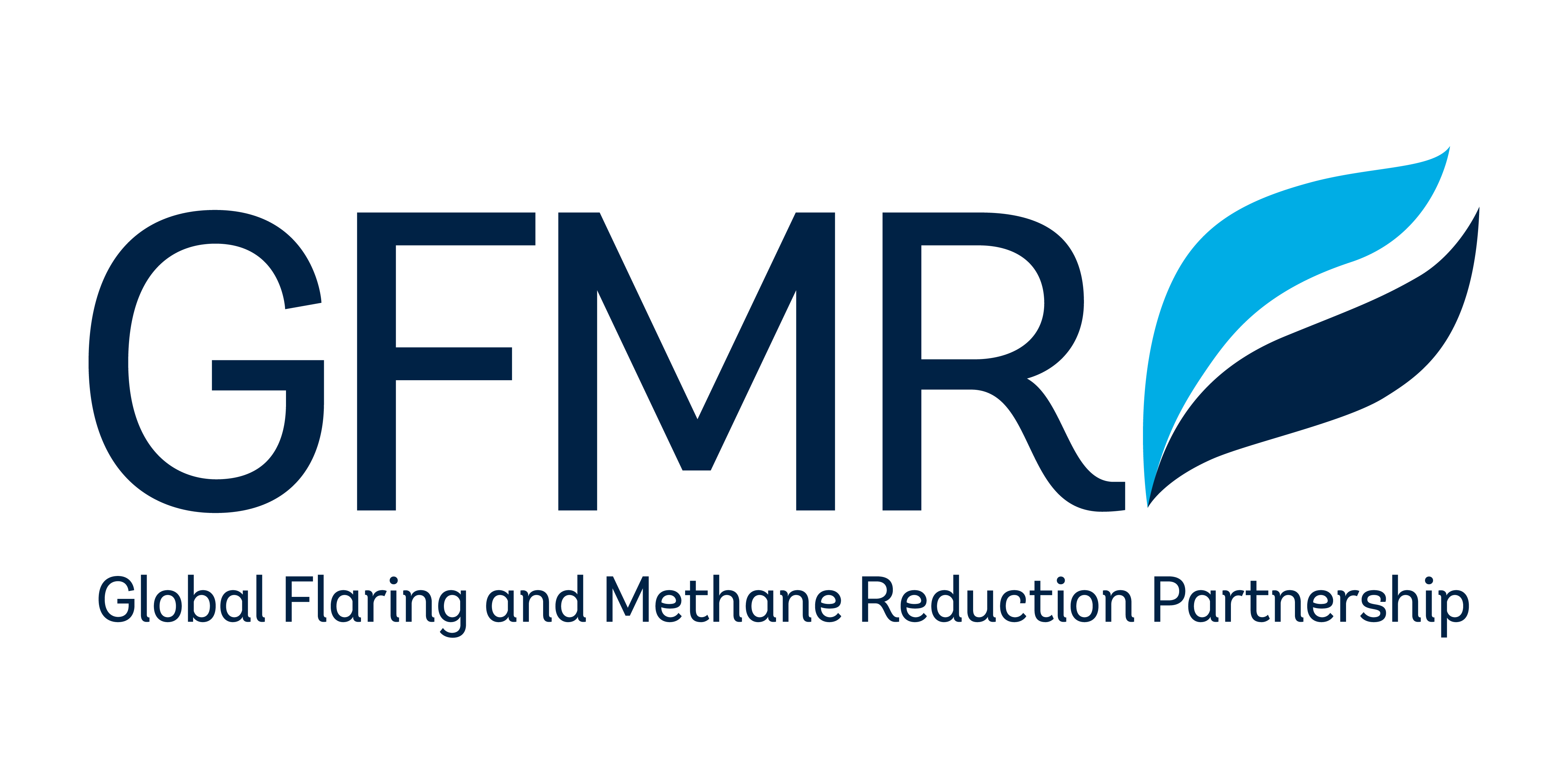Country
Assessment
No evidence regarding targets and limits could be found in the sources consulted.
The formation of a new government in early 2021 has affected the various regulators responsible for gas flaring and venting. The establishment of the Ministry of Oil and Gas and the Ministry of the Environment is likely to be relevant to flaring and venting. At the time of writing, not all changes had been fully implemented. The information provided in this and the next sections is therefore subject to change. Within the oil and gas sector, responsibilities are clearly allocated to the minister of oil and gas, who oversees the Petroleum Committee. The ministry also influences the Management Committees supervising the PSCs, given its authority over NOCORP, which sends members to the Management Committee and also chairs it. The Environmental General Authority was established as an independent and autonomous institution with its functions and responsibilities laid out in the Environment Law, 2003 . Following recent changes in the government, the Ministry of the Environment was established. It has assumed responsibility for, and control of, the Environmental General Authority.
Neither the Petroleum Law, 1955 , nor the Model Production Sharing Contract, 2006 , explicitly bans or allows flaring or venting of associated gas. Article 13 of the Model Production Sharing Contract requires disposal of noncommercial associated gas in accordance with the Good Oilfield Practices. The Management Committee decides whether excess associated gas is classified as commercial or noncommercial.
See the previous section.
Article 13 of the Model Production Sharing Contract, 2006, requires the Management Committee to approve the development plan for any excess associated gas deemed commercial.
Article 13 of the Model Production Sharing Contract, 2006 , assigns the commerciality assessment of excess associated gas to the Management Committee. If the gas is not commercial, NOCORP can exercise the right to take the gas free of charge after separating it from oil.
According to Article 13 of the Model Production Sharing Contract, 2006 , metering is required only for excess associated gas in commercial discoveries. Article 2 of the Petroleum Law, 1955 , allows the Director of Petroleum Affairs to inspect meters to ensure accuracy.
No evidence regarding monetary penalties could be found in the sources consulted.
Article 18 of the Petroleum Law, 1955 , states that license revocation is possible for reasons stated in the bilateral commercial agreements with NOCORP. Article 5 of the Model Production Sharing Contract, 2006 , requires operators to conduct all petroleum operations diligently and in line with the applicable petroleum and environmental laws and the good oilfield practices. Article 25 allows for the termination of a PSC in the case of a material breach of the contractual obligations, provided that remedies have not been started within 90 days following the receipt of the formal notice. No evidence could be found of license revocation due to poor flaring and venting practices.
No evidence regarding performance requirements could be found in the sources consulted. However, the main performance standards stipulated in the key pieces of regulation revolve are based on the good oilfield practices, as defined in Article 1 of the Model Production Sharing Contract, 2006.


